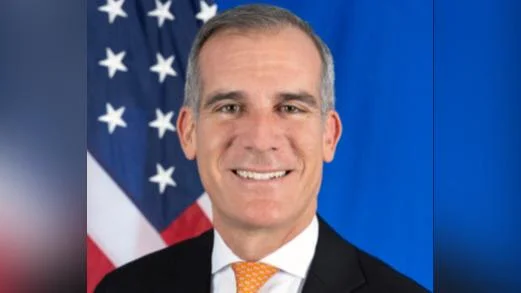The United States and India are enhancing their collaboration in science and technology, following a series of high-level meetings aimed at strengthening ties between the two nations. This initiative aligns with the mutual commitment made by President Obama and Prime Minister Modi to bolster U.S.-India cooperation across various sectors for global stability and improved livelihoods.
Dr. John P. Holdren, Science Advisor to President Obama and Director of the Office of Science and Technology Policy, led the U.S. delegation at the inaugural India-U.S. Technology Summit and the U.S.-India Science and Technology Joint Commission Meeting. These gatherings marked significant progress in advancing commitments on science, technology, clean energy, climate change, and innovation.
"Cooperation between the United States and India in science and technology is deeper than it has ever been," stated Dr. Holdren. "President Obama and Prime Minister Modi confirmed the importance of this pillar in the strategic partnership when they met in Washington on September 30, and this week helped move that relationship forward."
During the November 17 Joint Commission Meeting, co-chairs reviewed progress with joint working groups from both countries focusing on areas such as basic sciences, health sciences, emerging materials, atmospheric sciences, and women's roles in science. This biennial meeting offers policymakers and scientists a platform to assess ongoing activities and propose new projects aimed at deepening scientific cooperation.
Dr. Holdren also led a U.S. delegation of 100 officials to the first-ever India-U.S. Technology Summit where participants discussed how science and technology cooperation can address 21st-century challenges.
Discussions provided opportunities for forming partnerships with potential long-term benefits. For instance, the Export-Import Bank of the United States signed an MOU with India's Renewable Energy Development Agency to provide $1 billion for American renewable energy exports supporting clean energy projects in India. Additionally, collaborations continue between U.S. Department of Energy and India's Ministry of New and Renewable Energy on solar resource assessment training workshops.
The governments finalized an agreement on frontier science research in particle physics while discussing information communication technology cooperation. The U.S. Department of Commerce signed an MOU with India's Ministry of Finance underlining efforts to increase U.S. firm participation in Indian infrastructure projects.
Recent events including these meetings fostered partnerships essential for innovative economies while demonstrating continued commitment to a robust India-U.S. partnership driven by knowledge-based societies.

